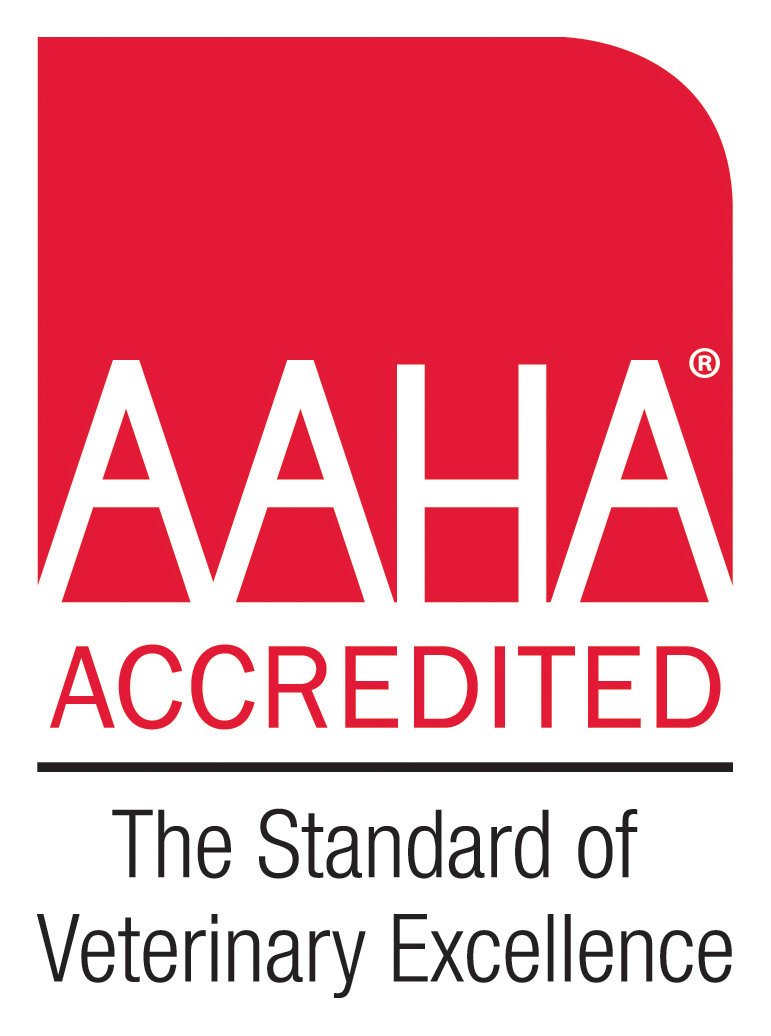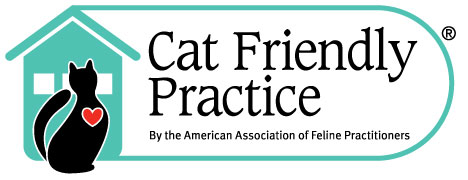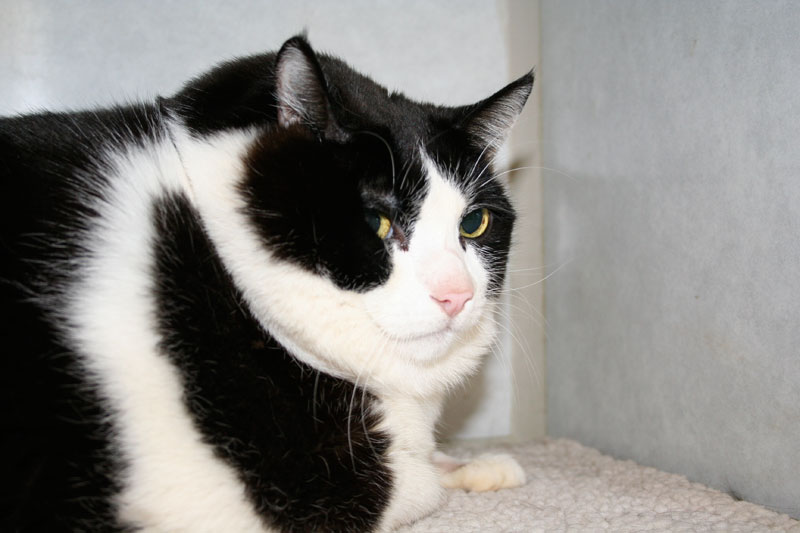
Chronic Pain
The most common cause of chronic (long-term) pain is joint disease. Does your pet hesitate to go up or down stairs, jump up onto or off of the furniture or get in or out of the car? Has your cat been missing the litterbox? Is your dog slowing down on walks or panting more than usual? These could all be signs of chronic pain. The best way to manage chronic pain is to take a multi-modal approach – to use several forms of pain control. This will provide an all-encompassing and more effective pain control with far fewer side effects. The Animal Care Clinic joint pain plan is:
- Weight control – fat is inflammatory! Weight loss decreases inflammation and thus pain!
- Omega-3 fatty acids in the form of cold water fish oil
- Glucosamine, chondroitin with ASU
- Adequan injections – polysulfated glycosaminoglycans
- Prescription medications such as Deramaxx, Tramadol or gabapentin
Acute Pain
Acute pain (sudden onset) that is not part of surgery, is usually caused by trauma but can also come from ruptured discs, blood clots and even ear infections. This can be excruciating and must be addressed immediately. At Animal Care Clinic we will use the strongest pain control methods available that are safe, given other injuries. Just as is true with chronic pain, using drugs together is far more effective than relying on a high dose of one drug. We also use pain control methods such as hot and cold packs. This assures that your pet is comfortable and pain free and also safe from dangerous side effects.

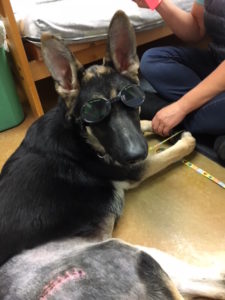
Surgical Pain Control
The key to good surgical pain control is prevention. Did you know that anesthesia alone does not block pain? If surgery is done on an anesthetized animal and no pain control medications are used, the body will experience pain subconsciously and post-operative pain will be MUCH harder to control. At Animal Care Clinic, we include pain blocking medications in every anesthetic protocol so that pain is prevented, not just treated. A combination of local anesthetic blocks, pre-anesthetic narcotics, continuous drip medications, epidural blocks, cold packs and post-operative medications is used so that your pet can benefit from major surgeries without undue pain. Most of our pets trot out of the hospital on the day of surgery as if nothing happened!
Acupuncture & Physical Therapy
The doctors at Animal Care Clinic embrace the benefits of acupuncture, photo-biomodulation (therapeutic laser therapy), and physical therapy. When used in conjunction with more traditional pain control methods, these modalities can be tremendously effective. After orthopedic surgery, we highly recommend passive range of motion exercises, therapeutic laser therapy, swim therapy and controlled exercises to help bring your pet back to full function as quickly as possible. Many of our patients have benefitted from acupuncture for chronic joint pain, spinal pain and even cancer pain.
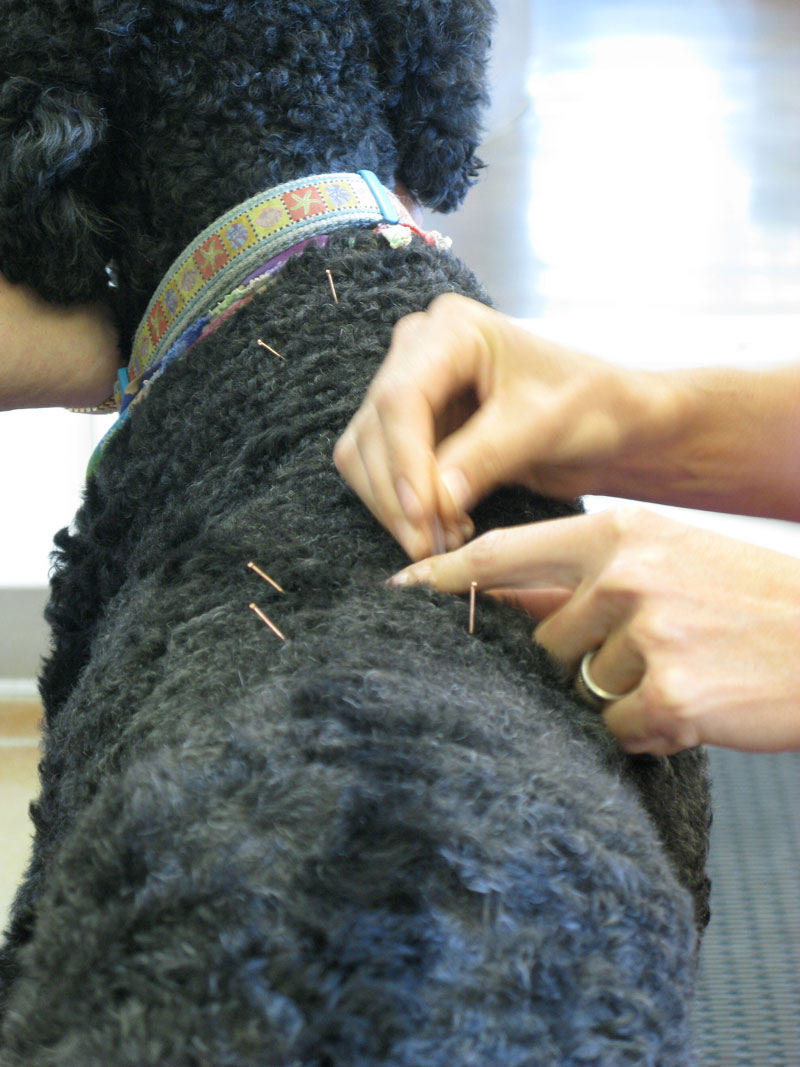
It is important to note that physical therapy, therapeutic laser therapy, and acupuncture must be done only by trained professionals under the direct supervision of a licensed veterinarian. It is not legal for human acupuncturists or physical therapists to work on animals without direct supervision form a veterinarian who is on site during the treatment. We can help you with basic physical therapy at our hospital and refer our acupuncture cases to Dr. Rebecca Staple at Coastal Veterinary Rehabilitation and Acupuncture.

